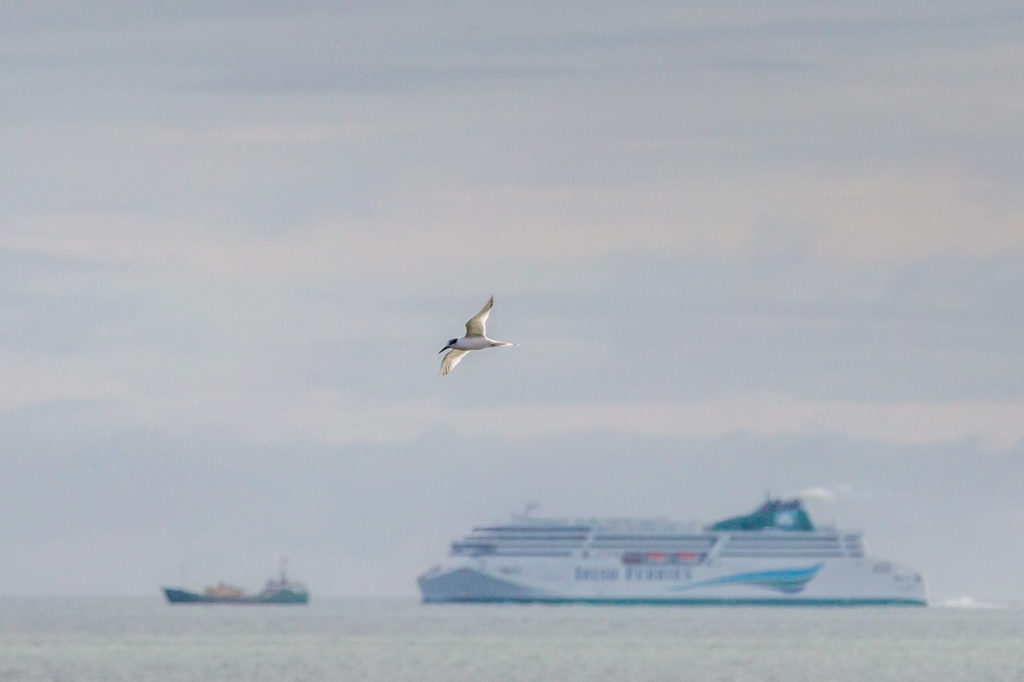Who knows what ‘normal’ activities will be after this time of pandemic has passed? Who knows how to chart the path to an unknowable future from an uncertain present and a disputed past? Who knows how to prioritise public health and economic performance?

I was pondering such things again today in response to the seasonal round of school infections that has restarted recently. A grandchild went for Covid testing yesterday and today, we know it’s not a Covid infection.
Caveat emptor: these are my daily musings which may be incomplete and/or incorrect.
One thing we do know is that the 14 day average for Dublin has a rising infection rate of 70/100,000 people. This suggests that relaxation of the rules designed for viral suppression may have been premature. And unfortunately, the current trajectory is not encouraging.
Such things were on my mind when an email arrived from a friend asking after our health and how things were going here in Ireland.
At that moment I was wondering about the language of global public healthcare. So I replied that ‘I worry that language diversity is creating barriers to the spread of best practice and that lessons from other jurisdictions are being overlooked because they are described in languages that aren’t universally understood.’ I wasn’t thinking about academic papers so much as local ordnances, advisories and most importantly, experiences that might be discussed in local language forums.
• • • – – – • • •
As I was looking out over a Dublin Bay earlier, I recalled the visit in 1996 of the carrier USS John F Kennedy (aka Big John). I had expected to have lots of photographic opportunities but another opportunity took higher priority. Instead, I ended up on a seismic vessel shooting through dragonflies and mafiosa on the Caspian Sea. Despite the intensity of my own Caspian adventures, I deeply regretted not seeing the huge American carrier.
We’d once been alongside the USS Independence when it docked in Fremantle in 1992. That was once-upon-a-time while I was on an assignment in Perth. We’d seen the partying impact some 5000 sailors could have spending just a few days in the biggest city in Western Australia. But the key fascination for me was the sheer size of the ship. And with a proposed visit of something similar to Dublin, I’d thought to rescale Dublin Bay with a ship that would photographically dwarf the surrounding hills.
The call sign for the carrier was NJFK. I only remember this detail because I once studied the flags that are used as ICS International call signs. I’ve no idea why NJFK stuck in my head except that it did. And that got me thinking about how important flags were in enabling communication across multiple languages.
The opening chapter of the ICS Code Book says: ‘The purpose of the International Code of Signals is to provide ways and means of communication in situations related essentially to safety of navigation and persons, especially when language difficulties arise. In the preparation of the Code, account was taken of the fact that wide application of radiotelephony and radiotelegraphy can provide simple and effective means of communication in plain language whenever language difficulties do not exist.’
My wavering point is that languages can be simplified to make messages intelligible especially in times of crisis. Esperanto isn’t it despite becoming the 32nd most used language on Wikipedia.
• • • – – – • • •
The UK is leaving the EU. Just as the language of Christian churches was once Latin, the language of diplomacy was once French. Latin has faded in importance, but business and diplomacy have merged such that English has displaced French to become the de facto language of international communication. Think of an evolution of language as developing from speech to writing to maths to science to computing to internet. English is the language on the internet that dominates the widest of webs despite the more massive populations of Mandarin and Spanish speakers. I’m not intending to be euro-centric in this observation but I have travelled the world and English has been the commonest language of communication that I have encountered.
• • • – – – • • •
More questions than answers today.
So what happens language now that Britain is divorcing Europe? Will there be a push to oust English?
Is there need for a European Commissioner for Public Health?

Leave a Reply